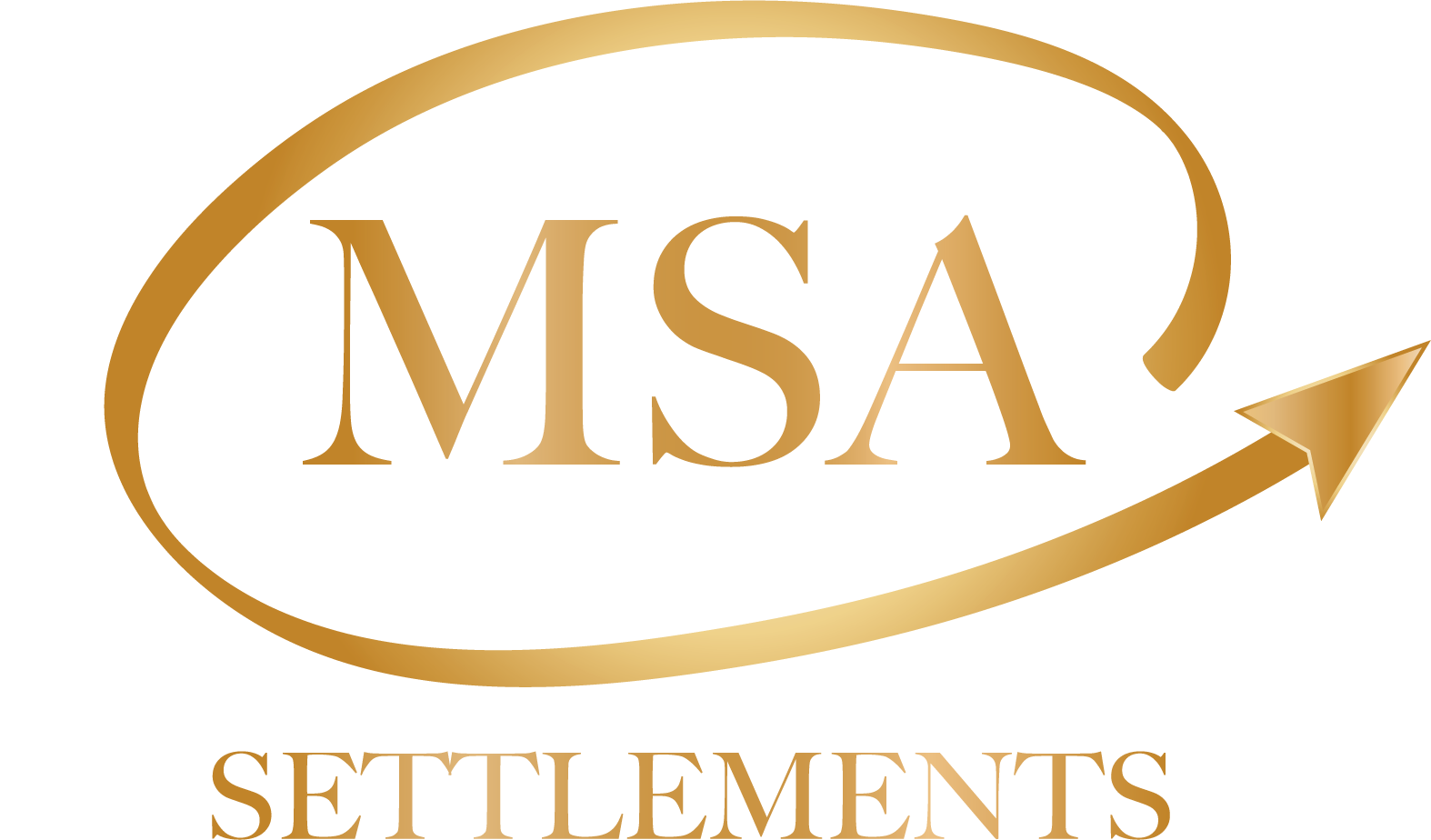When is an MSA Required?

Please note as of July 11, 2005 CMS revised its work review threshold from $10K to $25K. If your settlement amount is over $25K then a CMS submission will be required.
History of Medicare Set Aside
In 1981 the Medicare Secondary Payer (MSP) statute established that Medicare was to be a secondary payer behind the responsible parties for worker’s compensation claims.
In July 2001, Medicare implemented a new tracking system that began investigating whether it paid for services that should have been paid by the insurance companies, self-insureds, or third-party administrators. Medicare can make a claim against the employer, insurance company, self-insured or third-party administrator if it is determined that Medicare paid for services that were not its responsibility, including double damages.
In July 2001, the Centers for Medicare and Medicaid Services (CMS) declared that monies for future medical care and expenses must be placed in Medicare Set Aside accounts for certain worker’s compensation settlements. Failure to comply may result in CMS refusing Medicare coverage for all future medical treatments related to their injury or illness which could create a potentially serious liability issue for any or all responsible parties. This can be a serious liability issue.
CMS released a Memorandum about Medicare Part D.
Beginning January 1, 2006, Medicare began its Part D prescription drug coverage as a result of the implementation of the Medicare Modernization Act of 2003 (MMA). Please see CMS memo dated 12/30/2005 for further details.
Medicare Part D began covering Benzodiazepines and Barbiturates.
On October 2, 2012, CMS published a Memo, “Transition to Part D Coverage of Benzodiazepines and Barbiturates Beginning in 2013”, stating that as of January 1, 2013, Part D will begin covering barbiturates and benzodiazepines. Furthermore, as of June 1, 2013, CMS will require that Medicare Set Asides include funds for benzodiazepines and barbiturates now covered by Medicare Part D
The SMART Act Was Signed into Law.
On January 10, 2013, President Obama signed the SMART Act into law. The SMART Act permits parties to obtain a final lien demand for Medicare Conditional Payment Liens prior to settlement. Medicare will be required to provide a final lien amount within 65 days of a request to allow the settling parties to prepare reserves to cover the lien prior to settlement. The Act also introduced the right to appeal the lien amount and set a threshold for MSP claims, essentially establishing that if the lien is small, Medicare will not pursue reimbursement. The SMART Act will amended the penalty language for failure to comply with reporting requirements to read that the fine will be “up to $1,000.00” per day at the discretion of the Dept. of Health and Human Services in an acknowledged attempt to protect Carrier/Employers who made good faith efforts to comply, but did not affect or address any other remedies available to CMS. The SMART Act also requires Medicare find an alternative to SSN’s and Medicare numbers for identifying beneficiaries to protect their sensitive personal information. Lastly, the SMART Act established a 3-year statute of limitations from the date of reporting for all MSP claims, which is reduced from the 6-year statute of limitations.
MMSEA SECTION 111
Section III of the Medicare, Medicaid, and SCHIP Extension Act of 2007 is usually referred to as MMSEA Section 111 reporting (or simply Section 111). This law added mandatory reporting requirements for liability insurers (including self-insurers), no-fault insurers, and workers’ compensation insurers providing coverage to Medicare beneficiaries. These NGHP insurers are obligated to notify Medicare about “settlements, judgments, awards, or other payment from liability insurers (including self-insurers), no-fault insurers, and workers’ compensation” received by or on behalf of Medicare beneficiaries. The reporting requirements for NGHP insurers under MMSEA Section 111 first became effective on May 1, 2009.
The MMSEA Section 111 reporting requirements are an addition to the already existing Medicare Secondary Payer (MSP) law and corresponding regulations.
Who Must Report?
An organization that must report under Section III is referred to as a responsible reporting entity (RRE). In general terms, NGHP RRE’s include liability insurers, no-fault insurers, and workers’ compensation plans and insurers. RRE’s may also be organizations that are self-insured with respect to liability insurance, no-fault insurance, and workers’ compensation.
You must refer to the information provided in the MMSEA Section III Medicare Secondary Payer Mandatory Reporting Liability Insurance (Including Self-Insurance), No-Fault Insurance, and Workers’ Compensation User Guide (NGHP User Guide) Chapter III: Policy Guidance.
What Information Do I Report? What Will I be Sending to the BCRC?
Section III requires RREs to report claim information for Medicare beneficiaries after the insurer has assumed the Ongoing Responsibility for Medicals (ORM) or after paying the Total Payment Obligation to the Claimant (TPOC) in the form of a settlement, judgment, award, or other payment.
RRE’s must report evidence of insurance coverage or applicable settlements, judgments, awards, or other payments regardless of whether there is admission or determination of liability. Some of the required data that must be reported includes the identity of the claimant (their Medicare Health Insurance Claim Number [HICN] or Social Security Number [SSN], the first letter of their first name, the first six letters of their last name, their date of birth, and gender); the RRE Taxpayer Identification Number (TIN); RRE address information; and other information related to the claimant, such as the International Classification of Diseases 9th (or 10th) Revision (ICD-9 or ICD-10) diagnosis codes and TPOC dates and amounts.
Click the clink to access MMSEA Section 111 Quick Reference Guide
